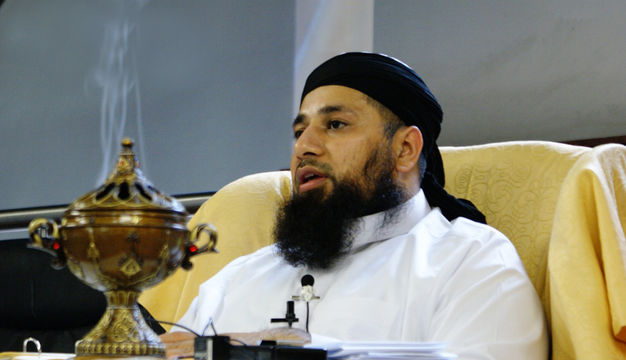🚀 From Google Podcasts to Moon FM in No Time: Your Hassle-Free Migration Guide
👉

Al Kawthar Academy was established under the guidance of Shaykh Abu Yusuf Riyadh ul Haq to cater for the religious, spiritual and educational needs of English speaking Muslims. Its endeavour is to become a reliable reference and a valuable resource of authentic Islamic material in various media.
Your feedback is valuable to us. Should you encounter any bugs, glitches, lack of functionality or other problems, please email us on [email protected] or join Moon.FM Telegram Group where you can talk directly to the dev team who are happy to answer any queries.